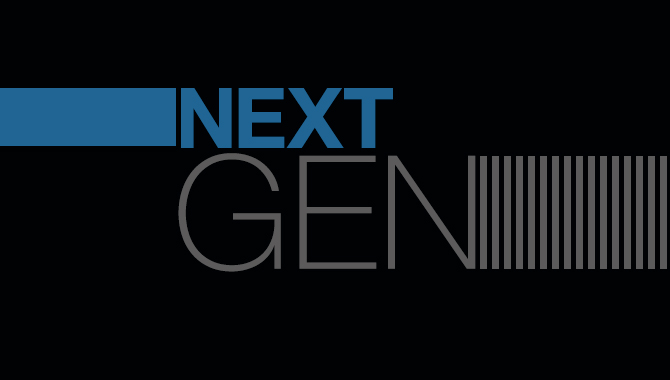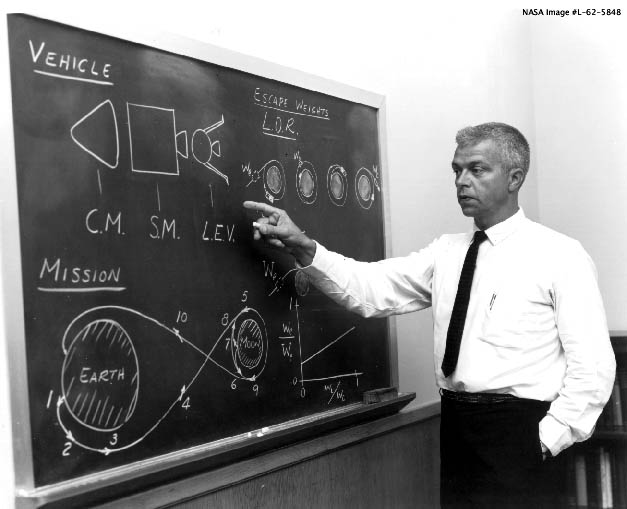
Vol. 3, Issue 6
Future space explorers shared their unique and sometimes disarming perspectives at Masters Forum 19.
A youthful perspective offers a blunt simplicity that often gets mired in complexity with age. At Masters Forum 19, the Academy assembled a panel of youngsters who demonstrated this phenomenon and left a lasting impression on forum attendees of all ages.
“I think NASA needs to regain the glory from the Apollo days,” said Nick Hernandez, 15, from Minnesota. “We need to push ourselves,” he said, noting that NASA is in a one-man race at this point as far as human space exploration goes. “Space exploration isn’t an international effort at this point,” said Shelby Holloway, a 17-year-old high school senior headed to Texas A&M next fall to study mathematics.
Everything the world has done has been a race, agreed Zak Hovey, age 13. Privatization of parts of the space industry could help rejuvenate some of the old “space-race attitude,” said Owen O’Neill, a seventh-grade student whose inspiration to build rockets comes from his grandfather. “We need to push the boundaries and explore like we used to,” he said.
The panel had a chance to ask questions of the forum attendees. They asked about space exploration logistics (How many people should we send to Mars and how much fuel would it take to get the fastest craft to the ISS?), career planning (What type of engineering should I look into for my future at NASA?), and political issues (If Apollo were to happen today, do the obstacles lie within the NASA administration or the government?).
Then the tables were turned. Forum attendees got to pose their questions to the panel. They asked about favorite missions (Mars roving was a big hit), the importance of international collaboration (Sure it’s important, it fosters competition), how to get the word out about NASA’s contributions (Facebook, YouTube), and top space travel destinations (The dark side of the moon and the ISS).
One forum attendee asked if any of the panelists’ teachers mention space in class. Aside from naming the planets and lamenting Pluto’s diminished status, the panelists said space exploration is not a large part of their educations. “We need to let people know what contributions NASA has made to society,” Shelby Holloway said. “People love exploration,” she concluded, plain and simple.
Despite this sobering response, the panelists represent a group dedicated to supporting NASA, which spawned discussion among forum attendees about the importance of conducting public outreach, spending time visiting classrooms, and doing a better job communicating what NASA does for the public.
“I think NASA should go further in space so they can discover new things,” said Jaret Cherry, a seven-year-old from Columbia, South Carolina. The panelists said they want NASA to discover new planets and find life in the universe using both robotic and human exploration.
The majority of the panelists said they strive to have careers at NASA and encourage their peers to get interested in space exploration. “What I would like to do is engineering. Maybe with the Mars program, maybe with the new generation of rockets,” said Nick Hernandez. “Any way that I could help, that’s what I would like to do.”






